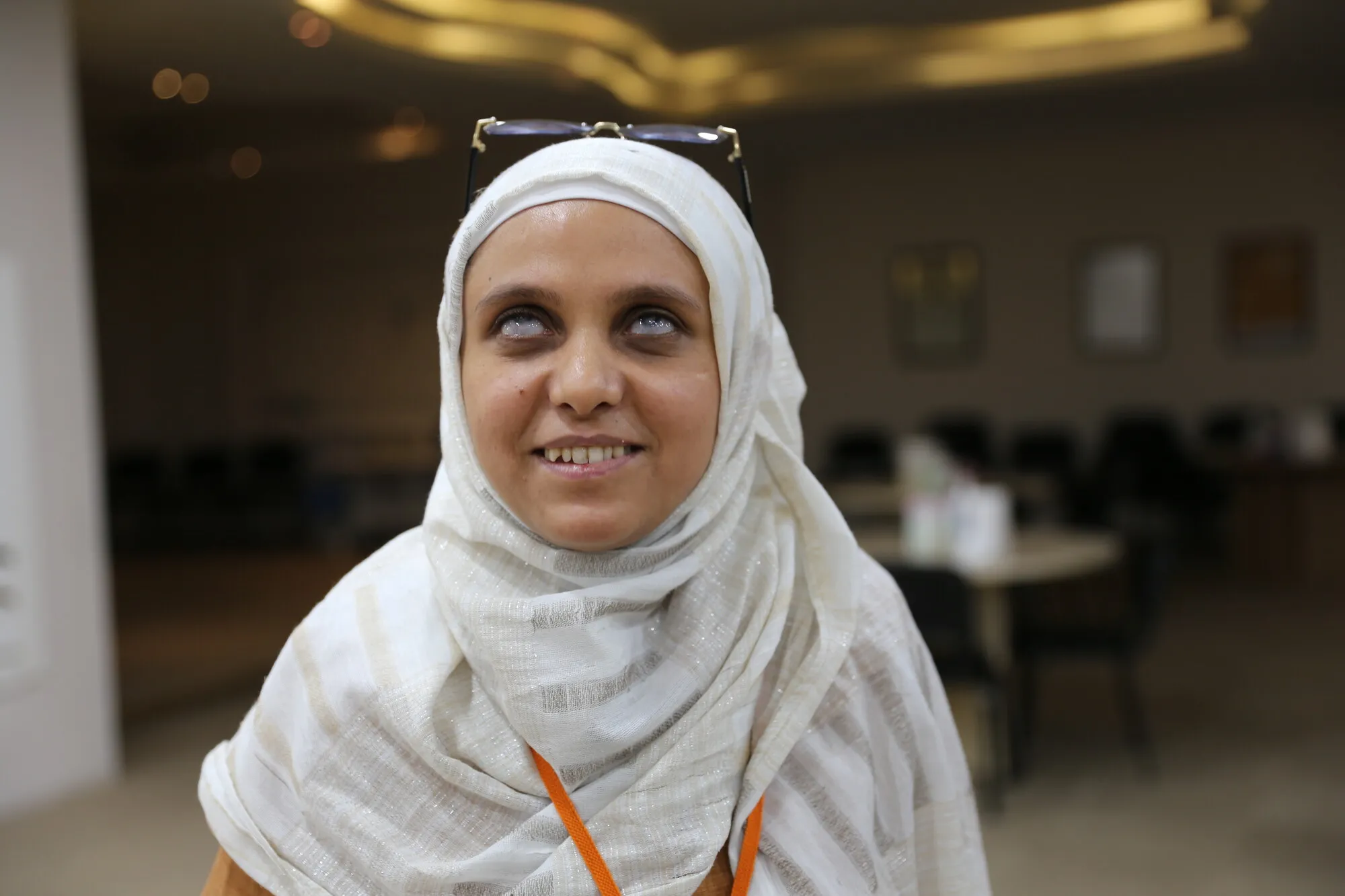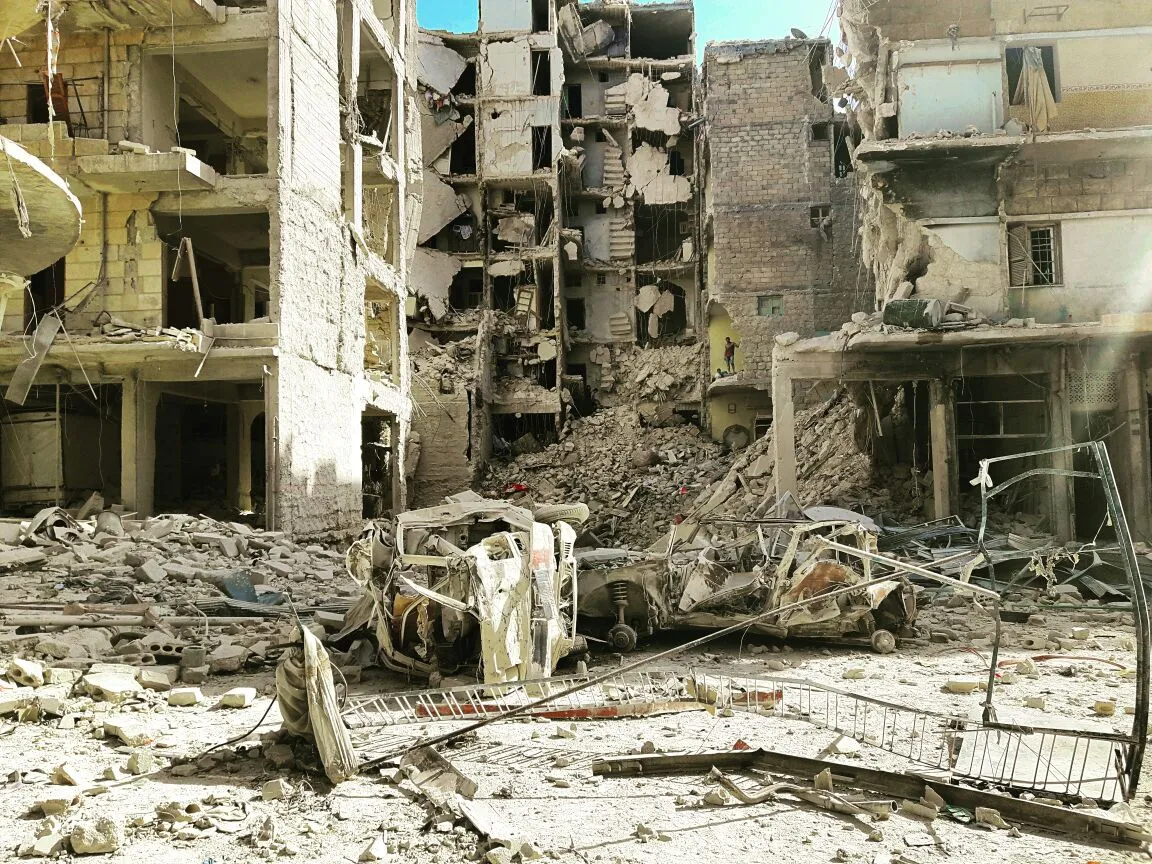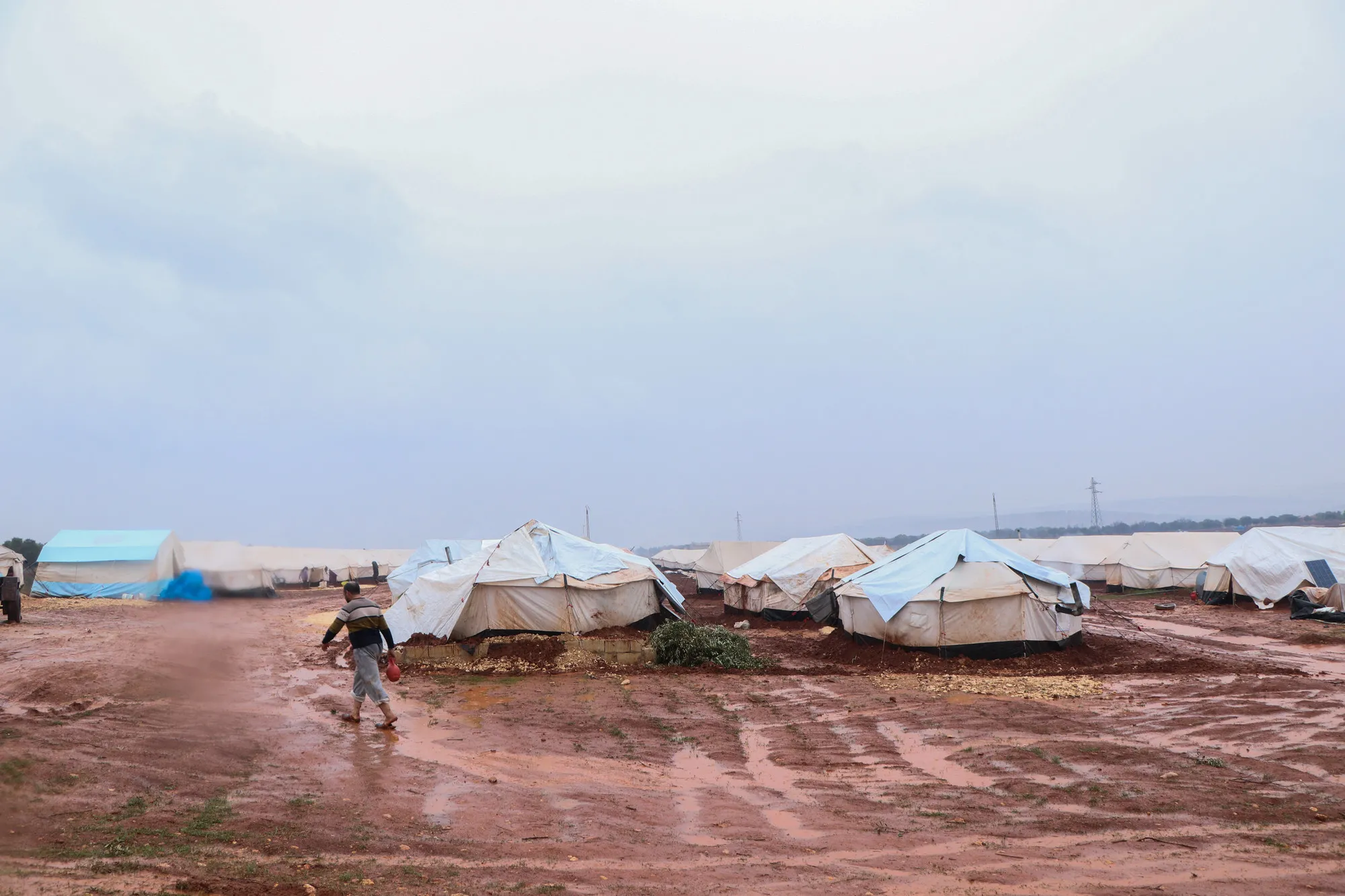I imagined that all our suffering would end immediately, and that we would see all the famous Turkish TV stars. I also thought that I would be able to go to school again.
We tried four times to cross the border. The second time someone took us in a car, and I thought he would drive us to Türkiye, but he dropped us off on a road on the Syrian side, telling us that there were mines left and right, and so we had to watch where we stepped.
I was so scared I couldn’t breathe. I just stood there like a statue, and my family had to force me to move, to take one step after the other.
I thought I would die that day.
The fourth time we were forced to walk three hours in the cold rain and sleep on the ground on a playground. It was so cold, I could not stop shaking. A woman died on that playground that night.
After that, we nearly gave up, but my mother cried so much, and we said we would try one more time.
When we finally arrived, we were so exhausted.
At first, we lived together with sixteen other people. There was no privacy. We had food, but it was not the comfortable life I imagined.
A charity gave us hope and paid for my eye surgery that I had been waiting for for so long. I was able to see again for five months, then I was blind again.
Hope is exhausting when it is taken from you again and again.
I would need another surgery to be able to see again, which would cost around $7,000 U.S. dollars.
That is too expensive for us.
The earthquakes






